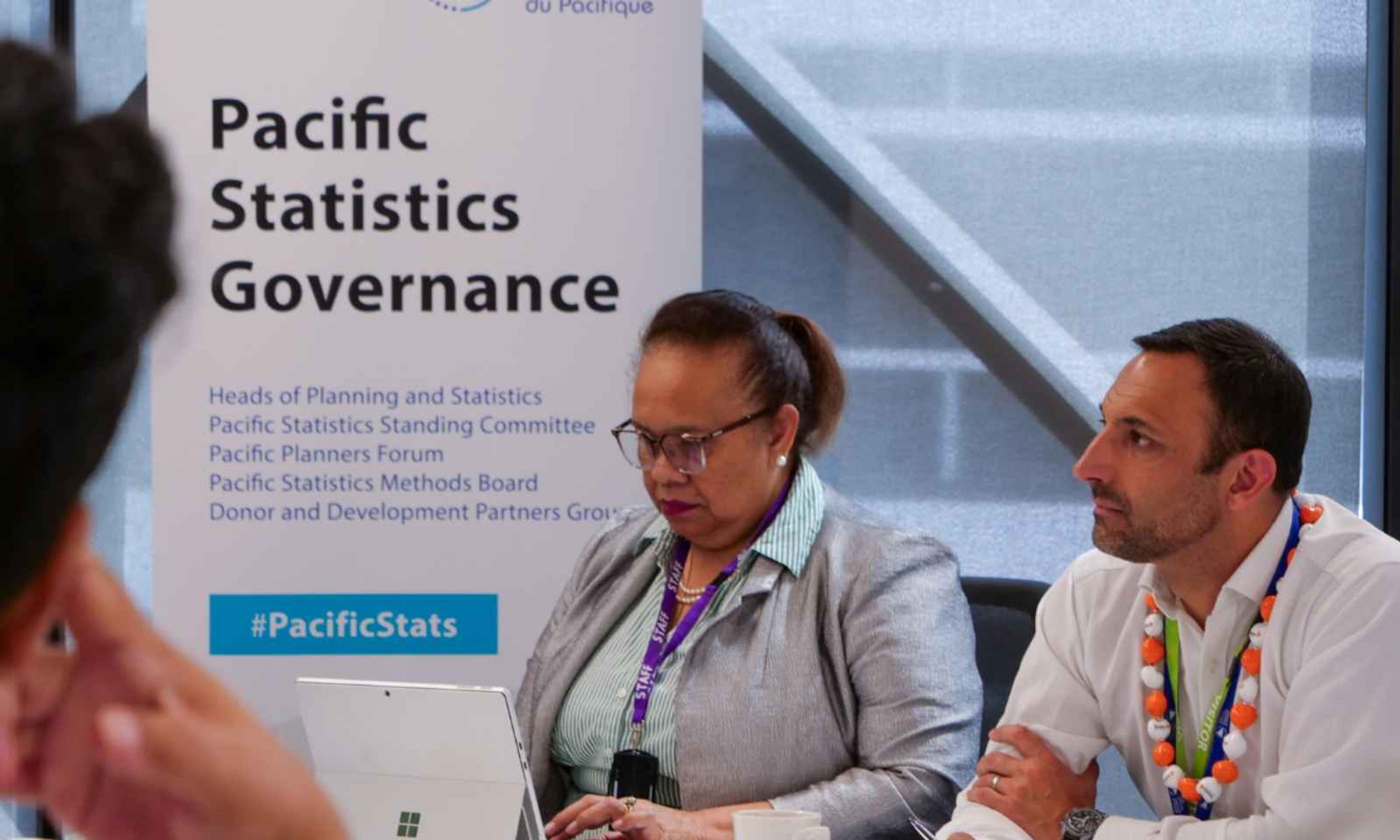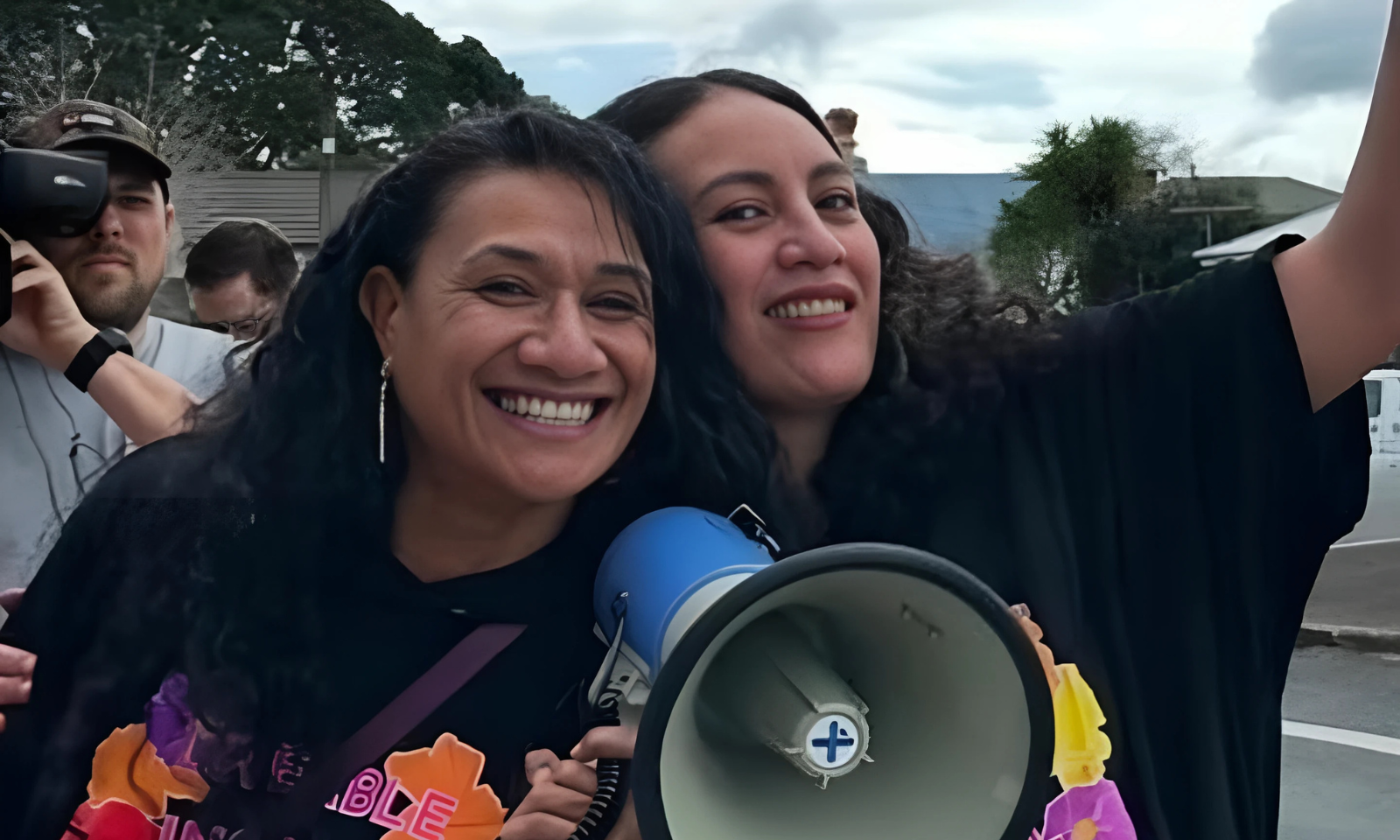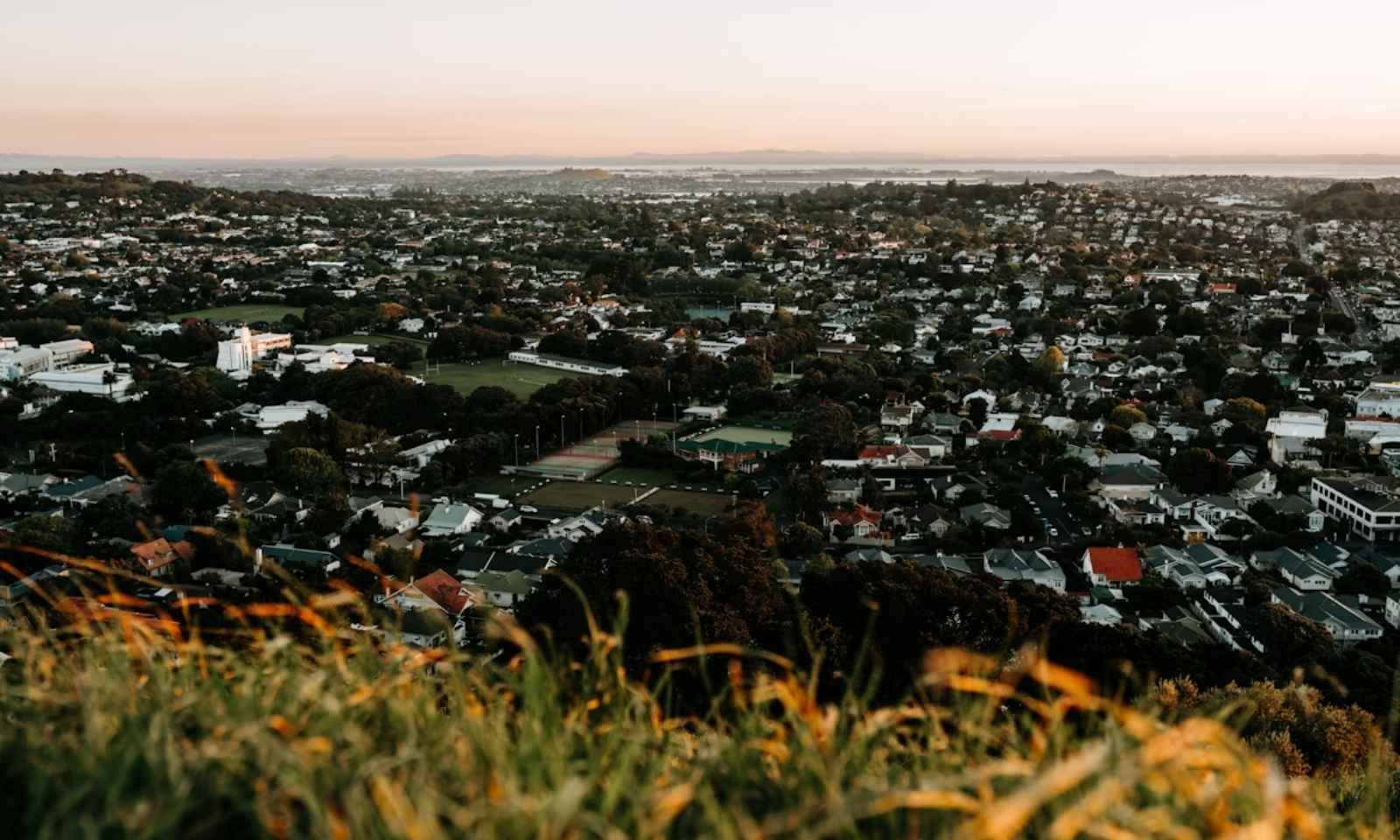

Sarina Gibbon, left, and Agnes Magele.
Photo/Unsplash/Facebook/Luke Pilkinton-Ching
Pacific families still shut out as rental prices cool across the country
A third of new tenants are paying less rent this year, but a housing advocate warns Pasifika whānau face rising costs, unstable tenancies, and ongoing discrimination.


‘The region needs to care about statistics’: Expert on tackling inequality through data


Fijian man charged after violent stabbing in Sydney’s inner city

Pacific and Māori youth bearing the cost of NZ’s ongoing vaping crisis

‘The region needs to care about statistics’: Expert on tackling inequality through data


Fijian man charged after violent stabbing in Sydney’s inner city
At least one third of new tenants have reported paying lower rents this year, but a Pacific advocate warns this relief is not reaching many low-income families.
The Ministry of Housing and Urban Development (HUD) reports that 30 per cent of new tenancies since January have had lower weekly rents compared to the previous tenants, using a sample of about 33000 homes.
The ministry attributes this cooling in the rental market to reduced construction demand and slowing migration. The HUD Rental Price Index shows that nationwide rents were 0.1 per cent lower in July compared to the same period last year. In Auckland and Wellington, rents have decreased by about two per cent over the past year, with many landlords cutting prices to secure tenants.
But Agnes Magele, the coordinator for Auckland Action Against Poverty (AAAP), says the relief is not benefiting many low-income Pacific families.
She says rents are still around 25 per cent higher than they were before the Covid-19 pandemic, creating more challenges. Magele says the situation is compounded by rules that allow landlords to increase rents once every 12 months, as long as they give tenants at least 60 days’ written notice.
“They can also end the tenancies with the no-cause eviction. That means that families are still facing huge increases in rent, but also unstable housing. So there's no protection really there for our Pasifika aiga [families].”
Magele says low income, high competition for housing and discrimination continue to lock Pacific families out of the market. For example, she explains that a family of four, with one parent earning $30 an hour, could be paying $670 a week in rent, leaving them with about $380 for all other expenses.

Auckland Action Against Poverty’s Agnes Magele (left) and Brooke Pao Stanley (right). Photo/Supplied
“The reality is they're not even able to afford their bills. More than half of the income is going on rent, and they're still struggling. For a lot of our Pasifika aiga as well, one of the barriers is also discrimination. If you have bad credit, our Pasifika aiga are likely not going to get looked at.
“They can have low income, and they're applying for a rental property, and say, for example, there's another family who earns a little bit more than them, our Pasifika aiga are never going to get looked at in terms of getting into that private rental.”
Magele says many Pasifika families struggle to find stable long-term rentals. She says even when they find a place, landlords can terminate periodic tenancies with 90 days’ notice, sometimes with no justification, leaving families feeling insecure and unable to plan for the future.

Rents in Auckland have fallen about two per cent over the year. Photo/Unsplash
Speaking to William Terite on Pacific Mornings, tenancy adviser Sarina Gibbon says the easing market has slightly shifted power towards tenants, but cautions that it is a “natural part” of the economic cycle.
She says rents reflect tenants’ disposable income, which is being squeezed by subdued wage growth and high unemployment, while migration out of major centres is reducing demand. Gibbon warns this is not a triumph.
“At some point, that imbalance is going to shift the other way. The wind is definitely behind the tenant's sail and what are tenants going to do to ensure that they’ll be in a better position in the next phase of the market?” Gibbon says.
Magele reports an increased demand for support from the AAAP as families struggle to find stable homes. She says many people seek help, especially with rent and suitable accommodation.
“We get a lot of people coming in to see us, which is sad, because that shows that there's a huge need for advocacy out there. Especially for our low-income whānau and those on the benefit. Housing is a human right, and our whānau should be able to get safe, stable and long-term housing that suits their needs.”
Magele calls on the Government to ensure that all incomes are livable, so that people can afford their rent. She advocates for rent controls to prevent spikes when demand rises.
She urges the government to stop the sale of state houses while reinstating the Kāinga Ora projects that were cancelled. “All those projects they cancelled, our Pasifika aiga could be benefiting from those homes. They need to build more state houses, affordable ones, and especially bigger houses for our families.”